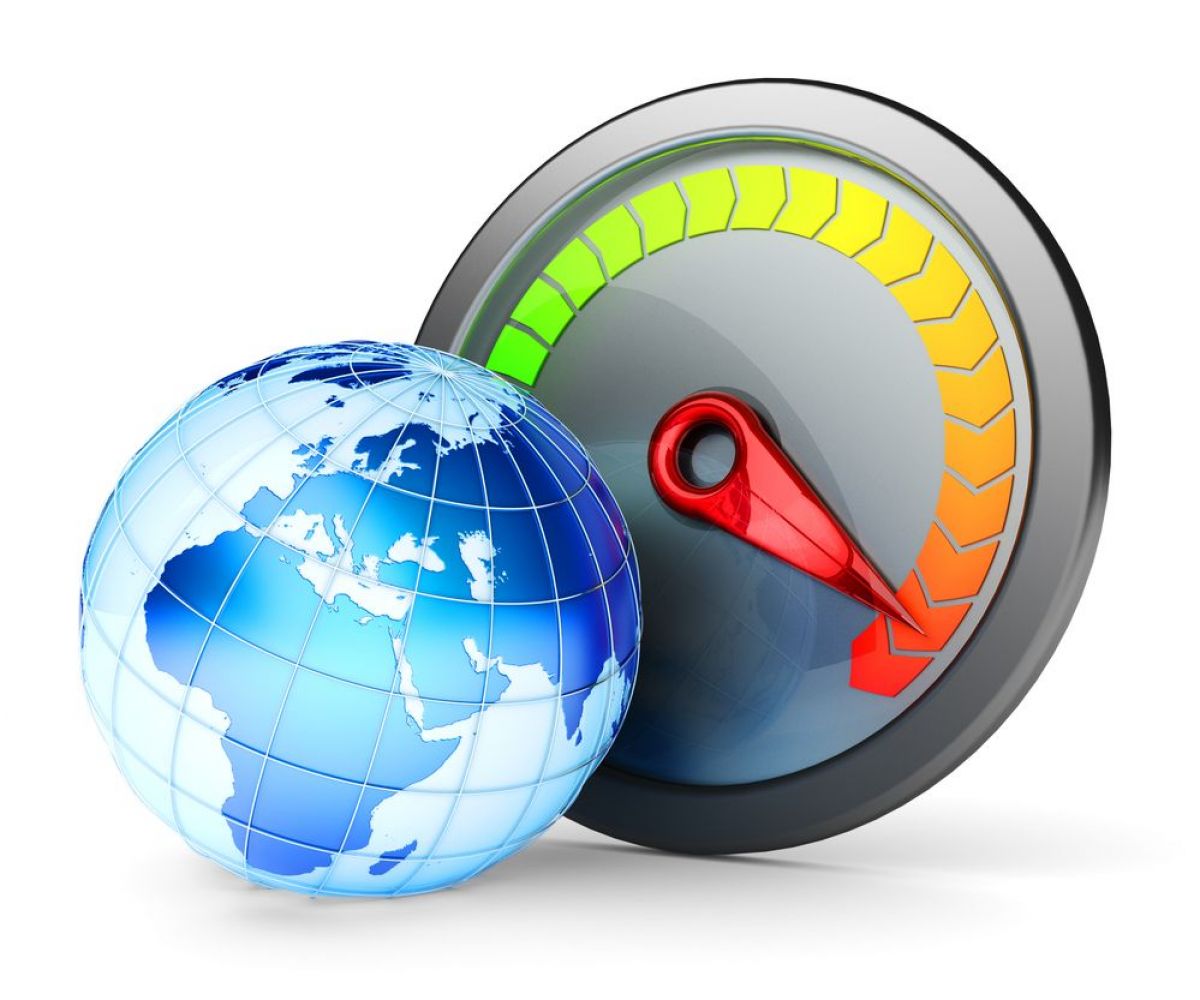
Tips to students and homeworkers to enhance internet at home
Published on: Apr 03, 2020
Useful tips that may immediately have a positive effect on the internet performance of end-users.
1. Protect your WIFI password
This avoid other people to connect to your network without you knowing it, or without your consent, and can ultimately causing speeds to drop.
2. Minimize the number of devices on your network during the day time
Your Wi-Fi network can only handle a certain amount of traffic before it slows down. Unplug video game consoles, Smart TV’s, Tablets, and other (smart) devices and restrict other users on your internet connection from using Video Streaming, Online Gaming, Video Conferencing, Music Streaming during the day time. This will free-up bandwidth for Home Working or E-Learning.
3. Connect directly via your Ethernet cable
Try connecting your laptop or desktop computer to your router with an Ethernet cable, if possible. This will enhance the internet performance. Please note that not all laptops have Ethernet Ports.
4. Find the ideal position for your router
There are many factors that can impact the strength of a wireless signal, such as interior walls, doors, microwaves and metal objects. Ideally, WIFI routers should be positioned high up on a bookshelf or mounted on a wall, and be centrally located in the house/ office. Avoid placing it near a microwave oven, near metal objects, on the ground or in a small room with concrete walls.
5. Decrease the distance between your computer and your router.
For a good internet performance, it’s recommended to stay as close as possible to your router. Your signal and internet speed may drop as you move further away from your router.
6. Line of sight between your computer and the router.
If your router's signal has to travel through a wall or appliances such as a refrigerator, its signal will be weakened. It’s recommended to have your router visible from where you're using your computer or laptop at all times.
7. Ensure Computer Health
Perform software updates, security scans, virus scans and malware scans & remove harmful programs from your computer. Malware and viruses can interfere with your computer's ability to access the Internet.
8. Close down non-essential applications
There are often a large variety of applications on your computer that are running in the background and using the internet. Often without you even knowing it. To boost your internet speed, shut down applications that you're not actively using.
9. Internet browser
Update your Internet browser. An out-of-date Internet browser can result in slow webpage load, poor video quality and other Internet issues. It is also recommended to delete old files, and clear your browser history from your web browser options menu.
10. Engage with your Internet Service Provider
Contact your provider to learn more about alternative internet plans and their latest offers. You may want to consider an upgrade to a higher package, if available, and budget allows.
This avoid other people to connect to your network without you knowing it, or without your consent, and can ultimately causing speeds to drop.
2. Minimize the number of devices on your network during the day time
Your Wi-Fi network can only handle a certain amount of traffic before it slows down. Unplug video game consoles, Smart TV’s, Tablets, and other (smart) devices and restrict other users on your internet connection from using Video Streaming, Online Gaming, Video Conferencing, Music Streaming during the day time. This will free-up bandwidth for Home Working or E-Learning.
3. Connect directly via your Ethernet cable
Try connecting your laptop or desktop computer to your router with an Ethernet cable, if possible. This will enhance the internet performance. Please note that not all laptops have Ethernet Ports.
4. Find the ideal position for your router
There are many factors that can impact the strength of a wireless signal, such as interior walls, doors, microwaves and metal objects. Ideally, WIFI routers should be positioned high up on a bookshelf or mounted on a wall, and be centrally located in the house/ office. Avoid placing it near a microwave oven, near metal objects, on the ground or in a small room with concrete walls.
5. Decrease the distance between your computer and your router.
For a good internet performance, it’s recommended to stay as close as possible to your router. Your signal and internet speed may drop as you move further away from your router.
6. Line of sight between your computer and the router.
If your router's signal has to travel through a wall or appliances such as a refrigerator, its signal will be weakened. It’s recommended to have your router visible from where you're using your computer or laptop at all times.
7. Ensure Computer Health
Perform software updates, security scans, virus scans and malware scans & remove harmful programs from your computer. Malware and viruses can interfere with your computer's ability to access the Internet.
8. Close down non-essential applications
There are often a large variety of applications on your computer that are running in the background and using the internet. Often without you even knowing it. To boost your internet speed, shut down applications that you're not actively using.
9. Internet browser
Update your Internet browser. An out-of-date Internet browser can result in slow webpage load, poor video quality and other Internet issues. It is also recommended to delete old files, and clear your browser history from your web browser options menu.
10. Engage with your Internet Service Provider
Contact your provider to learn more about alternative internet plans and their latest offers. You may want to consider an upgrade to a higher package, if available, and budget allows.
